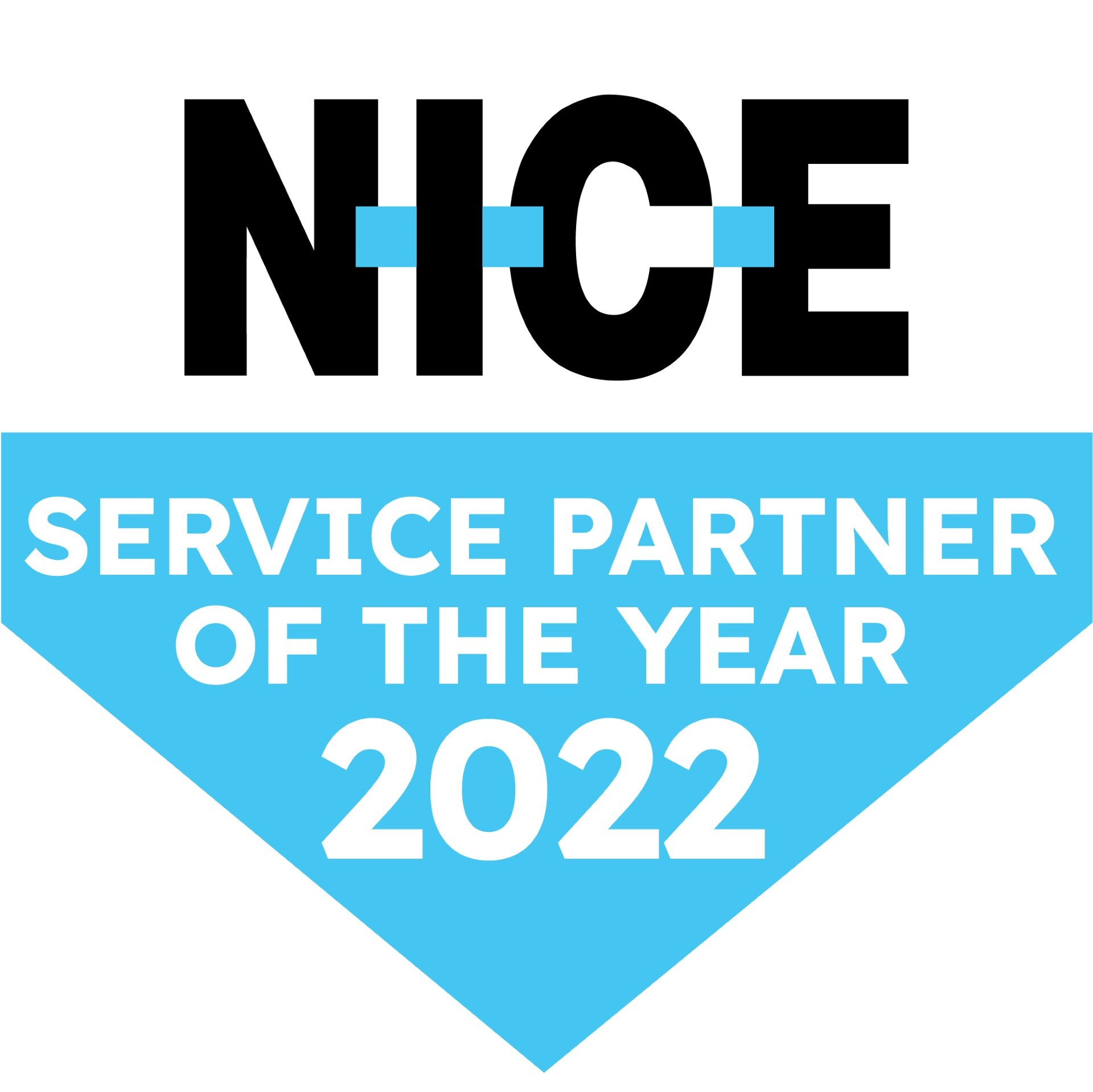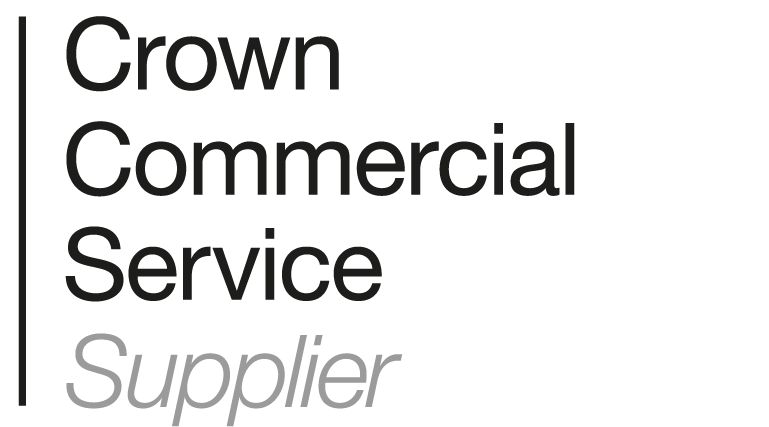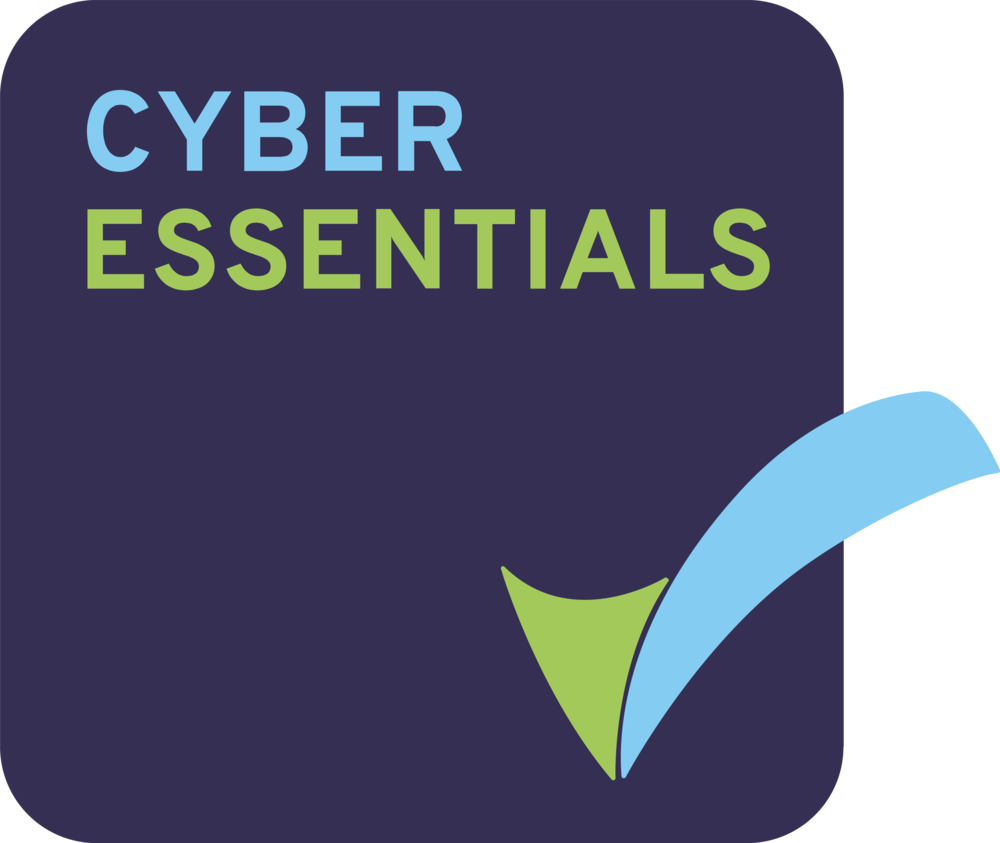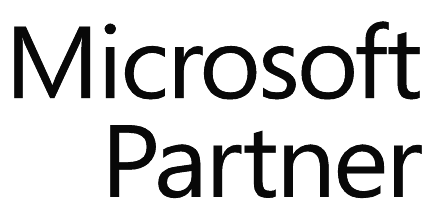Alex Coxon discovers on behalf of the Professional Planning Forum how speech analytics has the potential to change how contact centres manage agent performance.
Speech analytics is finally coming of age, as the hype is superseded by pioneering applications. The message is clear: speech analytics gives organisations the ability to automatically interrogate thousands of call recordings, which otherwise get overlooked. It can uncover problems such as excessive hand-offs from one department to another, while also highlighting potential flash-points such as customers repeatedly mentioning the name of a competitor during their interactions. Armed with this kind of intelligence, users can quickly re-engineer call processes and start reaping rewards in their key performance indicators (KPIs).
But speech analytics needn’t solely be viewed in terms of process improvement. According to Paul Smedley, Executive Director at the Professional Planning Forum, it also has phenomenal potential when it comes to agent coaching: “very few organisations are actually using speech analytics for this purpose, but those that do are seeing some great results.”
Take the outsourcer Ventura, for example. In 2008, the company implemented speech analytics with a view to improving customer experience through a series of discreet projects. A team of existing business analysts were trained to operate the technology platform and were tasked with using it to scrutinise specific issues for individual clients.
As Smedley explains, the Ventura speech analytics implementation is different on two levels. “Firstly, the outsourcer put in place a team of people with deep, complex analytical skills who could liaise with both the frontline teams and Ventura’s clients to identify specific issues, such as high average handling time (AHT) on a specific call type for a specific client,” he says. “Using this information, the analysts are able to build individual queries that can be fed into the speech analytics [platform] so it analyses calls against set parameters to reveal the root cause of problems. Having done this, distinct call processes can be re-engineered to stop the problem occurring.”
The second differentiator, is how the analyst team’s findings are being used by Ventura to target coaching for individual agents. “Historically, agent performance has been managed through a quality monitoring team listening to a tiny percentage of calls: usually four or five per agent, per month, based on a random sample,” he states. “But with speech analytics – if it’s applied in a focused way – you can play specific calls back to agents to evidence where a problem lies and, by doing that, help them understand what behaviours they need to change.”
At Ventura, the fruits of this labour have been very sweet indeed. Head of IT, Andy McKenzie, has reported a 25-second drop in AHT for one client, and a 10% reduction in repeat calls for another – coupled with a 10-point increase in call quality.
“The beauty of implementing a [speech] analytics platform is that it gives you a completely objective view on the call” he explains. “No one can be accused of marking a call subjectively because the evidence is there for everyone to see and hear.”
“This gives team leaders a way of validating what they’re asking advisors to do,” he continues. “If an advisor hears, through call recordings, that there are large periods of silence when they’re dealing with customers, they’re much more likely to respond to coaching because there’s proof there’s a problem.”
Ventura’s award-winning case study created real excitement at the best practice site visit they hosted last months for other members looking to learn from their speech analytics implementation. “It was good to understand how the technology could be used to improve agent performance and, through that, the overall customer experience,” says Tim Kennedy, Shop Direct’s Management Information Design and Development Manager. “We are in the proof of concept stage with our own speech analytics system right now… Seeing how they’ve done it at Ventura will help us implement the technology in a more sensitive way.”
Other organisations who have recently piloted or are rolling out speech analytics, are equally enthusiastic about the potential. Apex Credit Management, for instance, is in the process of deploying speech analytics across its entire 130-seat contact centre following a successful five-month pilot run across 30% of the call floor. As Contact Strategy Manager Richard Furlong explains, Apex agents have traditionally only been quality monitored on 1% of their monthly call volume, and this could present problems if agents disputed what they were being told.
“If a team manager happens to pick five bad calls from the same agent at random and then tries to coach them around the faults they perceive, that agent might become despondent or feel they’re being unfairly targeted if they’re usually very good,” says Furlong. But with speech analytics, quality monitoring becomes a lot fairer, he adds: “If there’s a dispute, the team manager can very quickly find and analyse other calls to corroborate – or contradict – the agent’s claim… This ultimately means that coaching sessions become much more relevant.”
Understandably, fairer quality monitoring and more targeted coaching are goals that many contact centres aspire towards – and there is, as we have seen, much evidence to suggest that speech analytics can help organisations achieve just that. However, QVC’s Operations Analysis Manager, Michelle Brophy, does offer a word of caution to anyone thinking that speech analytics will automatically be the answer to their performance-related prayers.
“I do think speech analytics has the ability to change agent performance because it allows you to provide very targeted coaching for individuals,” she says. “But you will only ever get out of it however much you put in. It’s important to recruit a team of analysts who you can dedicate to managing the speech analytics tool, write appropriate queries and interrogate and understand the resulting information. Without that kind of resource, it can be very difficult to achieve the results you’re looking for.”
The Planning Forum’s Paul Smedley agrees. “What is powerful about speech analytics is that it lets agents actually hear what the customer is experiencing. It provides relevant recordings that bring the experience to life in a way that no amount of data ever can. And once the experience is clear, it makes coaching easier”. But finding the right call recordings is an art, he adds; the only way of locating them is by having the right analytical skills to identify, scrutinise and provide solutions to distinct problems.
Ventura did this by investing in a team of analysts as well as in the technology, and they’re now reaping the rewards of that investment – achieving staggering results by focused their coaching in a wholly new way. Other organisations that want the same should think carefully about their business case.















